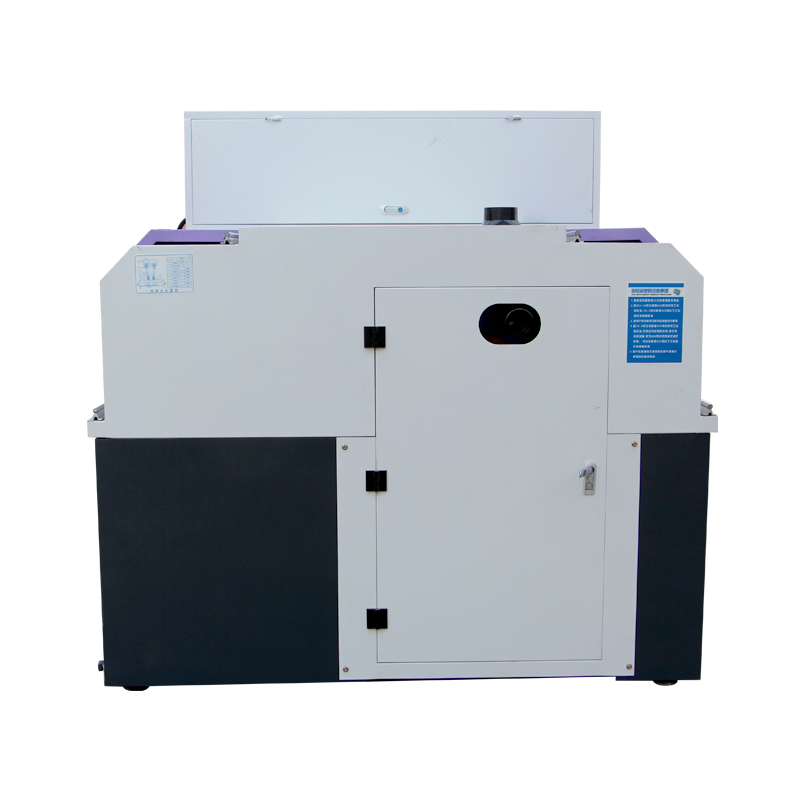
-
 Afrikaans
Afrikaans -
 Albanian
Albanian -
 Amharic
Amharic -
 Arabic
Arabic -
 Armenian
Armenian -
 Azerbaijani
Azerbaijani -
 Basque
Basque -
 Belarusian
Belarusian -
 Bengali
Bengali -
 Bosnian
Bosnian -
 Bulgarian
Bulgarian -
 Catalan
Catalan -
 Cebuano
Cebuano -
 Corsican
Corsican -
 Croatian
Croatian -
 Czech
Czech -
 Danish
Danish -
 Dutch
Dutch -
 English
English -
 Esperanto
Esperanto -
 Estonian
Estonian -
 Finnish
Finnish -
 French
French -
 Frisian
Frisian -
 Galician
Galician -
 Georgian
Georgian -
 German
German -
 Greek
Greek -
 Gujarati
Gujarati -
 Haitian Creole
Haitian Creole -
 hausa
hausa -
 hawaiian
hawaiian -
 Hebrew
Hebrew -
 Hindi
Hindi -
 Miao
Miao -
 Hungarian
Hungarian -
 Icelandic
Icelandic -
 igbo
igbo -
 Indonesian
Indonesian -
 irish
irish -
 Italian
Italian -
 Japanese
Japanese -
 Javanese
Javanese -
 Kannada
Kannada -
 kazakh
kazakh -
 Khmer
Khmer -
 Rwandese
Rwandese -
 Korean
Korean -
 Kurdish
Kurdish -
 Kyrgyz
Kyrgyz -
 Lao
Lao -
 Latin
Latin -
 Latvian
Latvian -
 Lithuanian
Lithuanian -
 Luxembourgish
Luxembourgish -
 Macedonian
Macedonian -
 Malgashi
Malgashi -
 Malay
Malay -
 Malayalam
Malayalam -
 Maltese
Maltese -
 Maori
Maori -
 Marathi
Marathi -
 Mongolian
Mongolian -
 Myanmar
Myanmar -
 Nepali
Nepali -
 Norwegian
Norwegian -
 Norwegian
Norwegian -
 Occitan
Occitan -
 Pashto
Pashto -
 Persian
Persian -
 Polish
Polish -
 Portuguese
Portuguese -
 Punjabi
Punjabi -
 Romanian
Romanian -
 Russian
Russian -
 Samoan
Samoan -
 Scottish Gaelic
Scottish Gaelic -
 Serbian
Serbian -
 Sesotho
Sesotho -
 Shona
Shona -
 Sindhi
Sindhi -
 Sinhala
Sinhala -
 Slovak
Slovak -
 Slovenian
Slovenian -
 Somali
Somali -
 Spanish
Spanish -
 Sundanese
Sundanese -
 Swahili
Swahili -
 Swedish
Swedish -
 Tagalog
Tagalog -
 Tajik
Tajik -
 Tamil
Tamil -
 Tatar
Tatar -
 Telugu
Telugu -
 Thai
Thai -
 Turkish
Turkish -
 Turkmen
Turkmen -
 Ukrainian
Ukrainian -
 Urdu
Urdu -
 Uighur
Uighur -
 Uzbek
Uzbek -
 Vietnamese
Vietnamese -
 Welsh
Welsh -
 Bantu
Bantu -
 Yiddish
Yiddish -
 Yoruba
Yoruba -
 Zulu
Zulu
Exploring Various Types of Thread Rolling Machines and Their Applications in Manufacturing Industries
Types of Thread Rolling Machine Products
Thread rolling is a widely employed manufacturing process used to create various threads on metal products. The method involves the deformation of material through the application of pressure using thread rolling machines, resulting in improved strength and performance characteristics compared to traditional cutting methods. These machines come in various types and are suited for different applications, producing a wide range of thread rolling machine products. This article will explore the primary types of thread rolling machines and the products they produce.
1. Flat Thread Rolling Machines
Flat thread rolling machines are designed to create external threads on cylindrical workpieces using flat dies. These machines function by feeding the workpiece between two flat dies that apply pressure, forming the thread profile as the part is rotated. The primary advantage of flat thread rolling is that it produces high-quality threads with excellent surface finish and dimensional accuracy. This type of machine is commonly used for manufacturing screws, bolts, and other fasteners.
Products manufactured using flat thread rolling machines are typically made from metals such as steel, aluminum, or brass, catering to various industries such as automotive, construction, and aerospace. The ability to produce threads with high tensile strength makes flat thread rolling machines a preferred choice for critical applications where reliability is paramount.
2. Circular Thread Rolling Machines
Circular thread rolling machines utilize cylindrical dies to produce external threads on round workpieces. These machines are especially effective for producing long, continuous threaded parts. The process involves placing the workpiece in the machine, where it is rotated while the dies apply pressure to form the thread.
Circular thread rolling machines are often used for applications that require higher volume production, such as manufacturing bolts, nuts, and studs. Due to the continuous feed and operation, these machines can achieve high production rates, making them ideal for large-scale manufacturing environments. The products generated may also include specialized fittings or connectors used in various industrial applications.
types of thread rolling machine products

3. Multi-Station Thread Rolling Machines
Multi-station thread rolling machines are advanced machines that incorporate multiple thread rolling stations within one setup. This design enables manufacturers to produce complex threaded features in a single operation, reducing production time and improving overall efficiency. These machines are particularly useful for producing parts with several different thread sizes in one cycle.
The products created by multi-station thread rolling machines can range from specialized automotive fasteners to intricate components used in medical devices. These machines support a variety of materials and thread types, making them versatile tools for manufacturers seeking to optimize their production capabilities.
4. Combined Thread Rolling Machines
Combined thread rolling machines are hybrid systems that integrate multiple manufacturing processes, including thread rolling, stamping, and even secondary operations like drilling or chamfering. This adaptability simplifies production workflows and reduces the need for multiple machines, leading to increased operational efficiency.
The products from combined thread rolling machines are typically more complex and can feature concurrent processes. They are excellent for producing specialized parts that require both threading and additional machining operations, catering to demanding sectors such as electronics and aerospace.
Conclusion
Thread rolling machines play a crucial role in modern manufacturing, offering efficient solutions for producing various threaded components. From flat and circular to multi-station and combined machines, each type provides unique advantages suited to specific applications. As industries continue to evolve and demand higher precision and volume, the versatility and efficiency of thread rolling machine products will remain essential to meeting these challenges. Understanding the different types of thread rolling machines helps manufacturers choose the right equipment for their specific needs, thus advancing their production processes.
